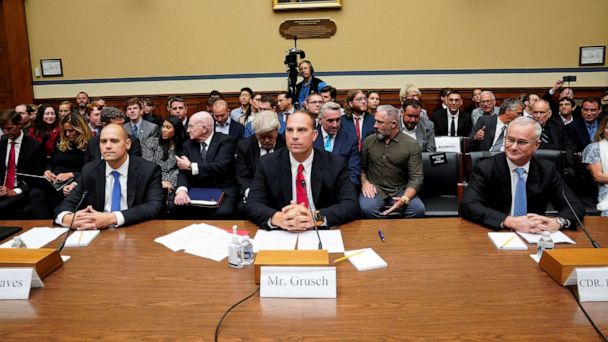
Sanofi will license a new CRISPR enzyme from the startup Scribe Therapeutics in a bid to be the first to develop a safer, simpler, and more scalable cure for sickle cell disease.
The French drugmaker will pay Scribe $40 million upfront and promise another $1.2 billion in potential milestones to license a DNA-cutting enzyme called CasX for use in a potential single-infusion treatment for the serious blood disorder — what’s known as in vivo therapy.CasX was discovered in CRISPR pioneer Jennifer Doudna’s lab, which subsequently spun out Scribe.
advertisement
Scribe was planning to announce the news Tuesday, but it was published early Monday by GEN.

Unlock this article by subscribing to STAT+ and enjoy your first 30 days free!
GET STARTED Log InNext article: Food as medicine: CMS rules hamper 'prescribing' of fruits, veggies


















